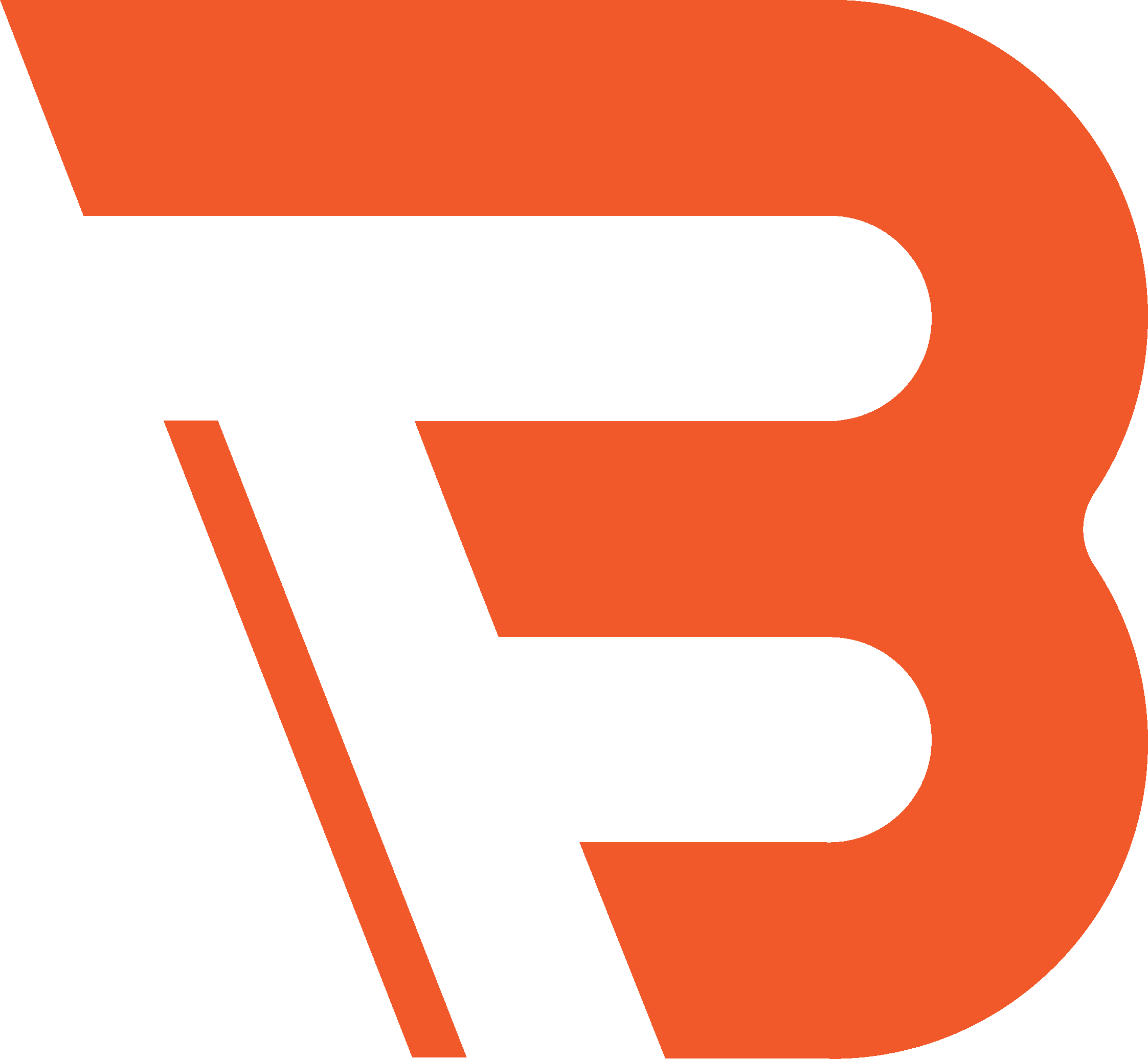Our Heritage
Our journey started as early as 1859 when Charles Searle, an immigrant from England, settled as a toll keeper at Great Brak River. Like many South Africans living in remote areas, he began making his own rugged leather “veldschoen” stitch-down boots which he supplied to the operators of the ox-wagon trains transporting goods between Cape Town in the West and Port Elizabeth in the East.
In the decades that followed, the company diversified its interests, incorporating a tannery, sawmill, a timber home construction division, retail shops, as well as automotive sales and services.
The Company first listed on The Johannesburg Stock Exchange in 1949 as Searles Holdings under the Clothing, Footwear and Textiles Sector. In 1980 the company was bought by Desmond Bolton and following the rationalisation and reconstruction of the Group, was renamed Bolton Footwear in 1987. During the 1990’s it dis-invested from all activities which were not related to footwear to concentrate and expand this part of the business.
The company steadily grew over the years and became a household name as a well-respected manufacturer of quality shoes. The Company was delisted from The Johannesburg Stock Exchange at the end of 2000 and presently trades as Bolton Footwear (Pty) Ltd.
Barker Footwear joined the stable in 2013 followed by Jordan & Co in 2015 – two major market players in their own right.
Today, Bolton Footwear is one of South Africa’s foremost footwear companies. All footwear offered by the Group is targeted at defined market niches, competitively priced and manufactured from the highest quality of leather and raw material available.
The Group’s three footwear manufacturing plants in Great Brak River, Oudtshoorn and Cape Town have the capacity to produce 8 000 pairs of high-quality leather footwear per day and employ over 1000 employees across all sites.
Seasonal marketing and advertising campaigns are launched on a national scale and complimented by in-store promotions and point-of-sale display materials that support retailers at grass-root level. Participative advertising with key customers is also undertaken on a continious basis.
The company’s growth over the years is a testimony to hard work, principled values and the determination of the founding members together with the desire to succeed and organisational culture of all who are employed.
Our Leadership
Bolton Footwear is headed up by a dedicated management team comprising of the following members

Noel Whitehead
CEO

Tasneem Alexander
Group HR Executive

Thomas Cawood
Group Operations Executive

Dewald Visagie
Group Sales, Design & Marketing Executive

Carin Grobbelaar
CFO
Our Mission
Bolton Footwear’s mission is to remain a sustainable business which fairly rewards all stakeholders, commensurate with their respective interests and contributions. This is to be achieved through meeting the needs of the markets with quality, value-for-money footwear and superior service.
Our Brands
All our brands are targeted at defined market niches, competitively priced and manufactured from the highest quality of leather and raw material available.
Corporate Governance
Bolton Footwear (Proprietary) Limited subscribes to the Code of Corporate Practices and Conduct as set out in the King Report on Corporate Governance and the directors are satisfied that in all material respects it complies with the recommendations of the code.
Board Of Directors
The Board of Directors of Bolton Footwear has a good balance between Executive and Non-Executive Directors. The Chairman of the Board is a Non-Executive Director. The Board meets regularly, monitors the performance of the Group and effectively controls the company and its management by being involved in all material decisions. The Executive Directors are employed under the company’s standard employment contract and are subject to the normal notice periods of three months.
The Board of Directors which have three regular meetings a year and may meet at other times as necessary, has three sub-committees:



The manner of presentation of the financial statements, the selection of accounting policies and the integrity of the financial information is the responsibility of the directors.
Internal Control
No formal internal audit functions are performed. To meet its responsibility, management maintains a system of internal accounting controls designed to provide reasonable assurance that transactions are concluded in accordance with management’s authority and that assets are adequately controlled and protected against loss. The system includes an appropriate delegation of authority and segregation of responsibilities. It is supported by policies and procedures which are regularly reviewed and, if necessary, modified in response to changes in business conditions.
There are, however, inherent limitations in any control system. In requiring management to implement appropriate controls, the directors take into account that the cost of maintaining a control system should not exceed the benefits to be derived.
The proper maintenance of internal control systems of the decentralised operations is primarily the responsibility of the management of those operations. However, these controls are independently reviewed on a regular basis and tested by financial department staff members.
Corporate Social Investment
Bolton Footwear is committed to the environment and surrounding communities it operates in and supports several local non-profit organisations and community activities.
Design and Production capability
Bolton Footwear maintains a dominant position in the South African footwear industry due to its dynamic management team, extensive technical knowledge, superior product quality and skilled employees.
The company’s reputation for quality continues to be a key driver in its business today with three factories housed across the Western and Southern Cape.
Associated Companies



